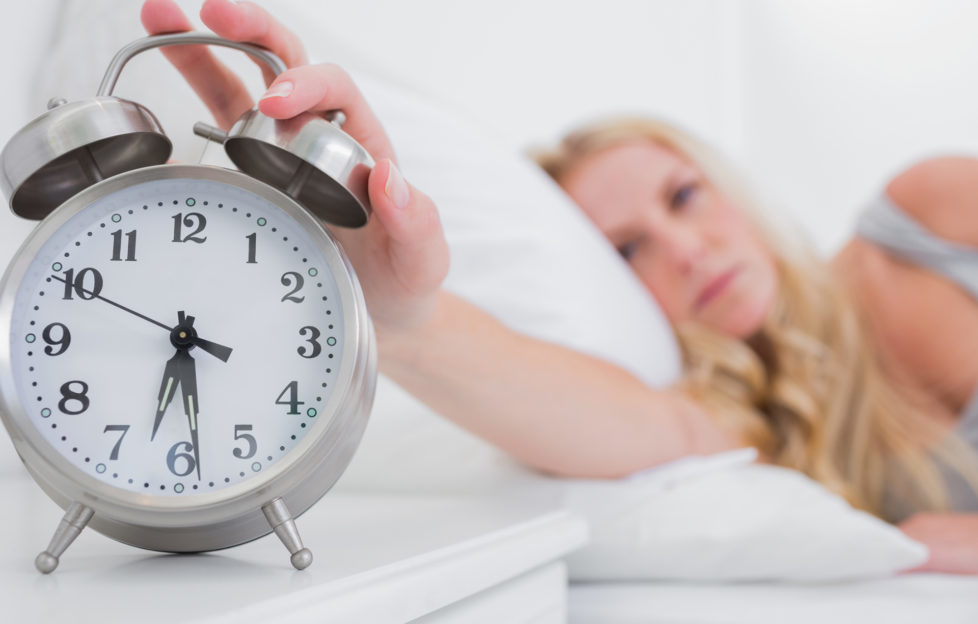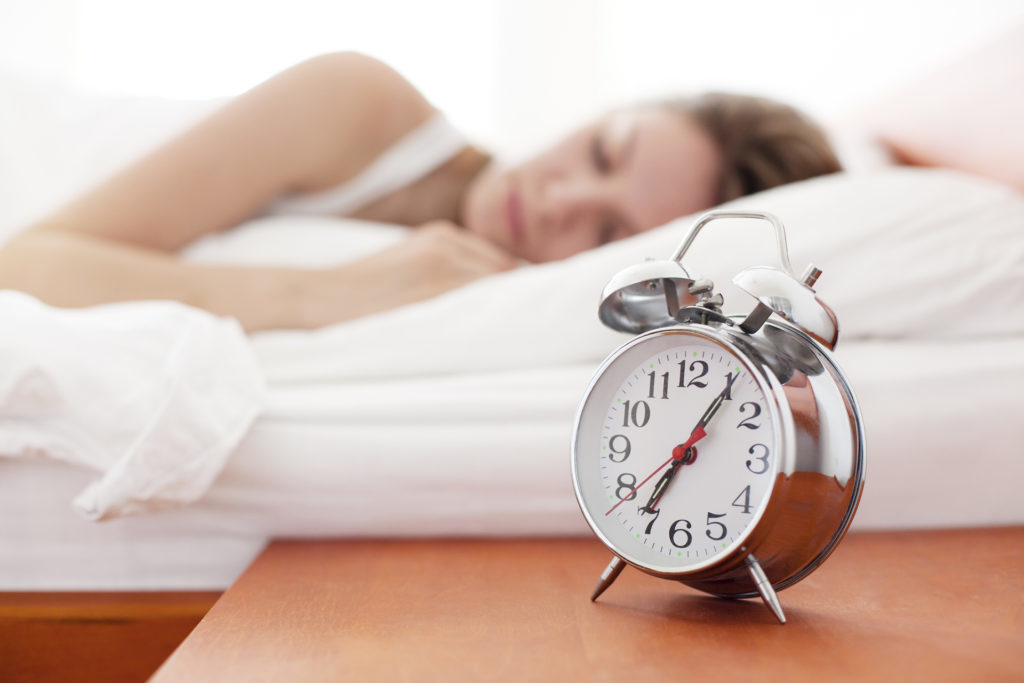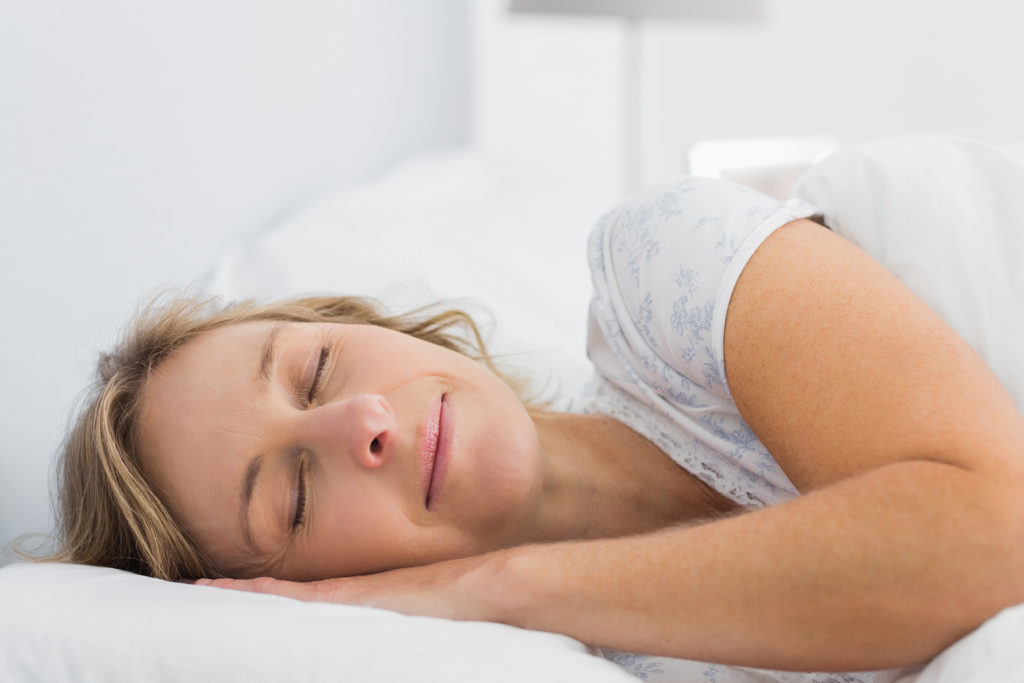Sleeptember | How Quickly Do You Fall Asleep?

How quickly we think we fall asleep is likely to indicate our overall sleep health. That’s the initial and intriguing finding of new studies which form part of The Healthy Sleep Project commissioned by The Sleep Council and being carried out at the Department of Psychology at Northumbria University, led by Professor Jason Ellis.
Time Matters
The research shows that a regular sleeper who thinks they fall asleep within 10 to 15 minutes of their head touching the pillow is likely to have good sleep health. Longer than 15 minutes and sleep health may be under stress.
“Previously, there was an assumption that there would be more than one marker or indicator of sleep health. However, evidence shows that factors such as total time spent asleep or how often people wake up don’t figure at all.
“That’s why the results from our studies are so surprising. They suggest there is one main marker of good sleep health and that is how quickly someone perceives they fall asleep.” Said Professor Ellis.
The repercussions
The discovery could have huge implications for the public health agenda where the issue of sleep and its impacts are increasingly recognised.
Lisa Artis of The Sleep Council: “Our organisation’s aim is to raise awareness of the importance of a good night’s sleep to health and wellbeing. This research for our Healthy Sleep Project will help to build a picture of exactly what good sleep health looks like and how it affects a good night’s sleep.
“Knowing their sleep latency score will enable normal sleepers to identify easily if action is needed to improve their sleep and also help quick recognition of any negative changes so remedies can be implemented.”
Sleep health
The concept of ‘sleep health’ is relatively new and stems from a growing interest in the relationship between sleep and physical, cognitive and emotional performance.
To date, most sleep research has focused on disturbed or disordered sleep so Professor Ellis and his team are among the first to set out to find some underlying markers, or signs, of good sleep health.
The research was carried out on 83 individuals aged 18 to 65 from the North of England with no history of sleep disorders, chronic physical or psychiatric illnesses or substance misuse.







